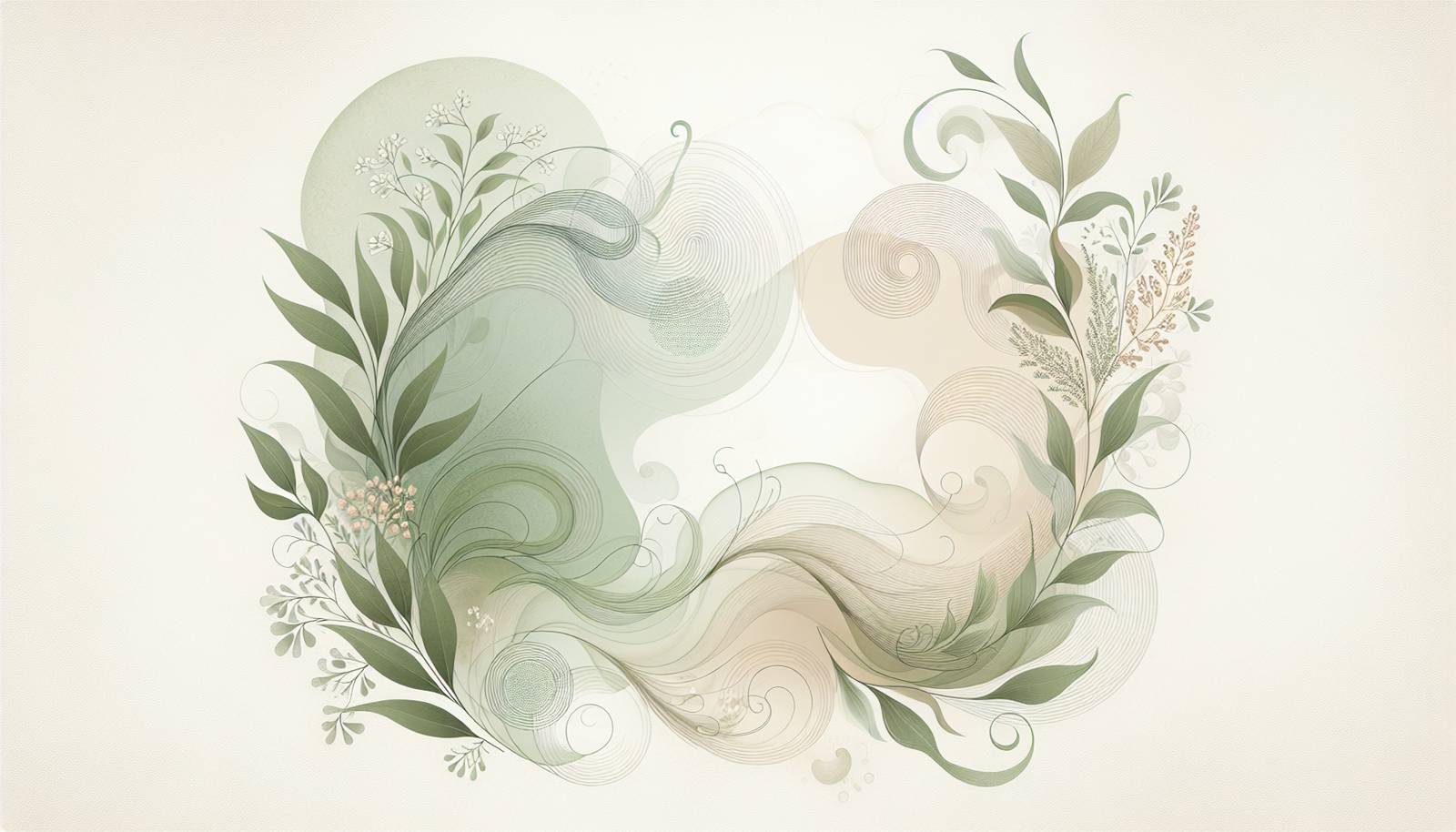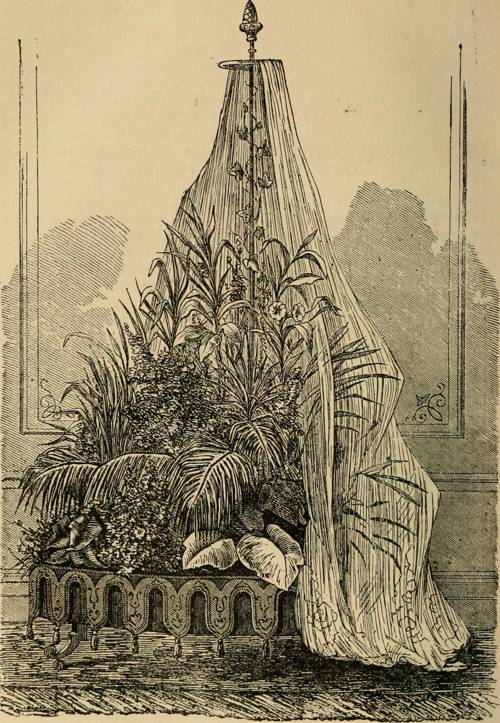
FAQ About Indoor Plant Floral Scent Profiles

What are some common indoor plants known for their floral scents?
Some popular indoor plants known for their pleasant floral scents include jasmine, gardenia, lavender, and orchids. Each of these plants emits a unique fragrance that can enhance the ambiance of any home environment.

How do floral scents from indoor plants impact human well-being?
Floral scents from indoor plants have been shown to enhance mood, reduce stress, and promote relaxation. Scents such as lavender have calming effects, while others like jasmine can help improve sleep quality and alleviate anxiety.

Can indoor plant floral scents improve air quality?
While indoor plants are often lauded for their ability to purify air, their floral scents primarily contribute to improving the olfactory environment rather than significantly enhancing air quality. Plants like lavender and jasmine can make a room smell fresh and inviting.

Are there any indoor plants with floral scents that can help with sleep?
Yes, plants such as lavender and jasmine are known for their sleep-enhancing properties. Their soothing scents can create a calming atmosphere conducive to rest and relaxation, making them ideal for bedrooms.

Which indoor plants have the most intense floral scents?
Gardenia and jasmine are among the indoor plants with the most intense floral scents. Their captivating aromas can fill a room, offering a rich sensory experience.

How should I care for indoor plants to maintain their floral scent?
To maintain the floral scent of indoor plants, ensure they receive adequate sunlight, water, and proper humidity levels. Regular pruning and fertilizing will also support their overall health and encourage blooming.

Are there indoor plants with floral scents that are safe for pets?
While many fragrant indoor plants are safe, it's important to ensure pet safety. African violets and spider plants are known for their safety around pets and can provide a subtle floral scent. Always research or consult a vet if unsure.

Do all indoor plants with flowers have a scent?
No, not all indoor plants with flowers emit a noticeable scent. Some plants might have fragrant flowers, while others, like peace lilies, bloom without producing a significant scent.

Can floral scents from indoor plants trigger allergies?
Yes, floral scents from indoor plants can sometimes trigger allergies in sensitive individuals. It’s advisable to test your response to a plant’s scent before keeping it in your home, as reactions can vary.

What indoor plant scents are best for enhancing focus?
Scents such as rosemary and eucalyptus are known to enhance focus and concentration. While primarily used as herbs, they can also be incorporated with other indoor plants to boost cognitive function.

How long do the floral scents from indoor plants typically last?
The longevity of floral scents from indoor plants depends on the flowering cycle and the plant's overall health. Regularly blooming plants, like orchids, can retain their scent for several weeks during peak flowering.

Are there any indoor plants with floral scents that repel insects?
Certain plants, like marigolds and lavender, not only provide pleasant scents but also have insect-repelling properties. These plants can deter pests naturally while beautifying your home environment.

Can I grow fragrant indoor plants in low light conditions?
Some fragrant indoor plants like peace lilies and certain varieties of jasmine can adapt to lower light conditions. It's essential to research each plant's specific light requirements to ensure healthy growth and scent production.

Do indoor plant floral scents vary between day and night?
Yes, some plants, like night-blooming jasmine, emit different scent intensities or even unique scents at night compared to daytime. This variation adds to the sensory experience of having such plants indoors.

What are some non-floral indoor plants with distinctive scents?
Apart from floral scents, plants like mint and rosemary are known for their aromatic leaves. These plants can add freshness and a distinct herbal aroma to indoor spaces.

How can I maximize the scent of my indoor plants?
To maximize the scent of indoor plants, place them in areas with optimal sunlight and ensure proper watering to encourage blooming. Regularly clean leaves and remove dead flowers to maintain plant health and fragrance.

Are there any cultural considerations in selecting fragrant indoor plants?
Yes, certain cultures may attribute symbolic meanings to specific plants or scents. For example, jasmine is revered in many South Asian cultures for its religious and cultural significance. Always consider such factors when selecting plants for culturally diverse spaces.

Can indoor plant floral scents be used as natural air fresheners?
Yes, the natural scents of indoor plants can act as air fresheners. Placing these plants strategically around living spaces can provide a continuous and subtle fragrance, reducing the need for synthetic air fresheners.

How does the strength of floral scent differ among indoor plants?
The strength of a plant's scent can vary widely based on the species and environmental conditions. Plants such as eucalyptus have a strong, potent smell, while others like spider plants offer a much more subdued fragrance.

What are some tips for selecting indoor plants based on their scent profile?
When selecting indoor plants for their scent, consider the size of your space, light conditions, and personal preference for scent intensity. Visiting a nursery to experience scents firsthand can help in making an informed choice.
